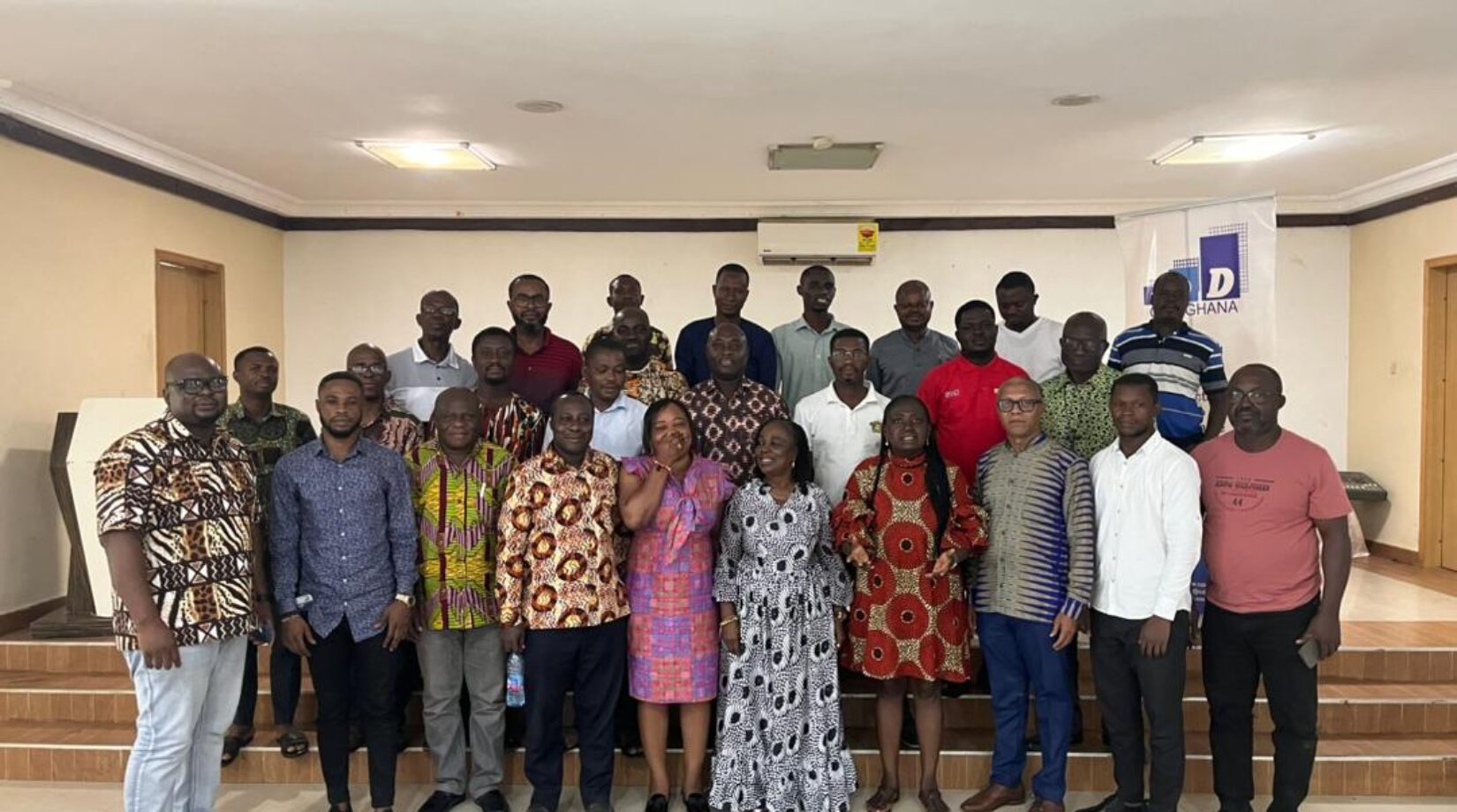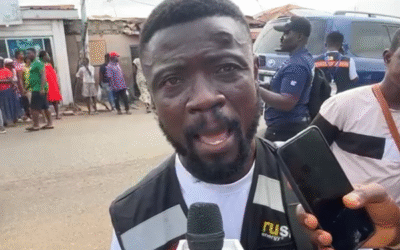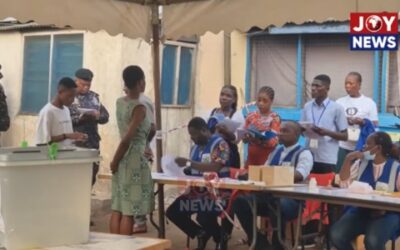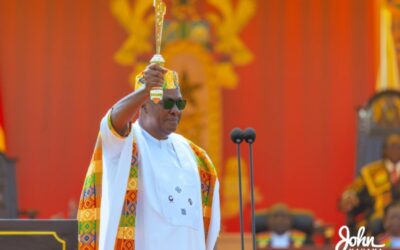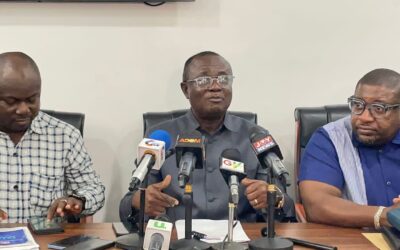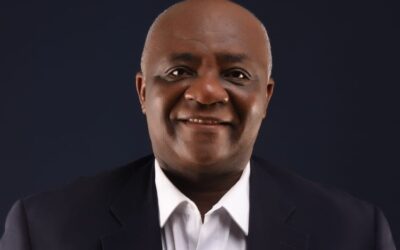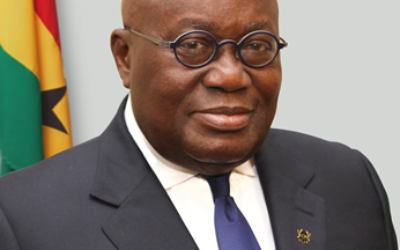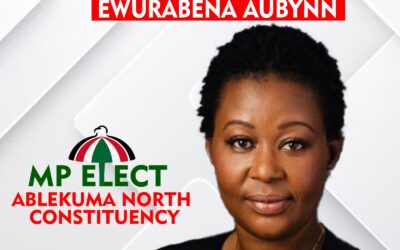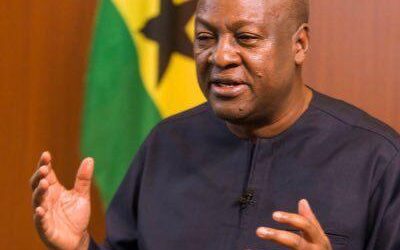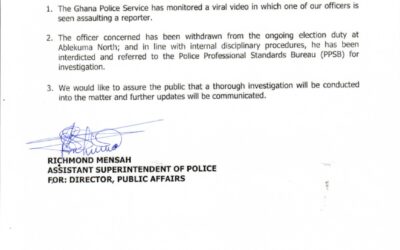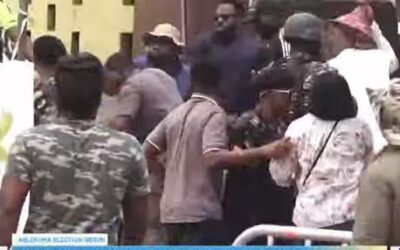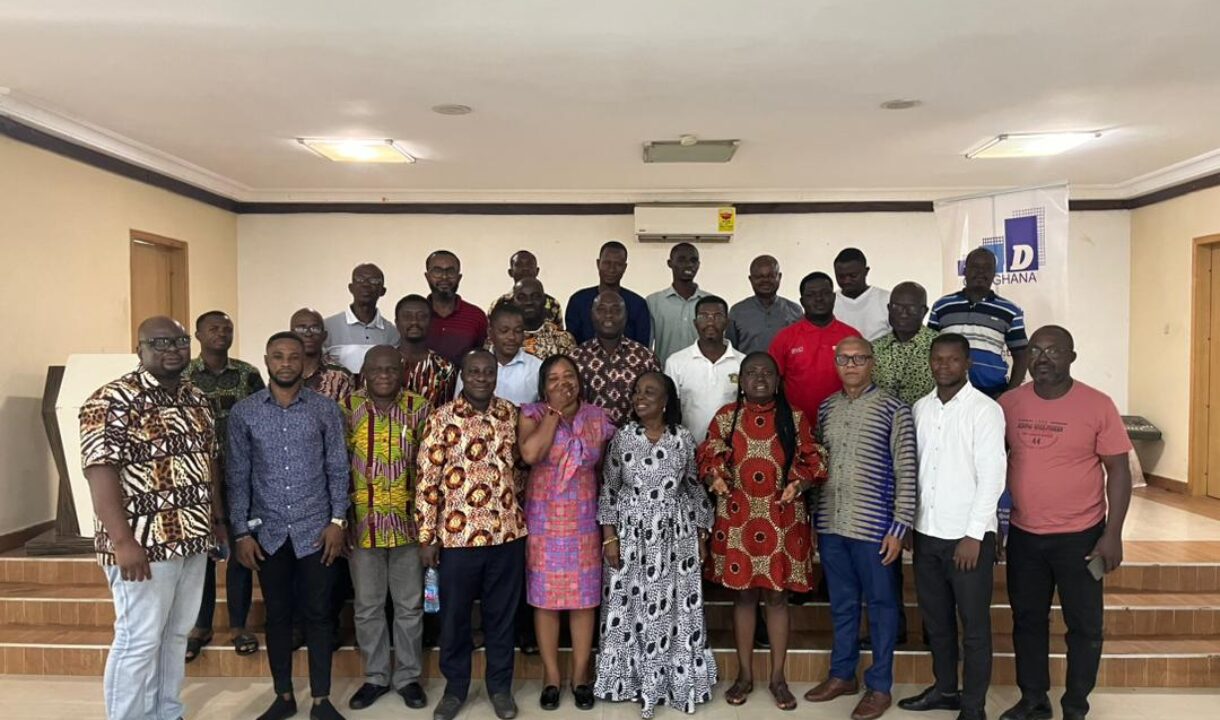By:Isaac Amoah
The Ghana Centre for Democratic Development (CDD-Ghana) has held a two-day sensitisation workshop to promote human rights and also cover stories on minority groups in the media.
The workshop, which was held at Royal Lamerta Hotel in Kumasi from 15th to 16th February 2024, aimed at arming persons in the media with the knowledge and skills necessary to uphold and protect the fundamental human rights of all individuals within their jurisdictions as media practitioners.

A group photography of Humor Rights Experts and participants
The two-day workshop was facilitated by experts in the field of human rights, such as Professor Takyiwaa Manuh from CDD-Ghana, and Mr William Nyarko, Executive Director of ACILA/CDD, to provide insights and practical guidance to help the participants understand better the ethical and legal aspects of their roles as media practitioners.



Prof.Takyiwaa Manuh, William Nyarko and Michael explaining issues to participants
Besides, the workshop aimed at promoting transparency, accountability and trust between the media and the community they serve.
Mr. Nyarko and Prof. Takyiwaa were very worried about the financial, health, trade/tourism, education, etc., implications of the Human Sexual Rights and Ghanaian Family Values Bill, 2021 and the media if it should be passed into law.
According to them, there is possible termination of $800m revenue to Ghana from the Africa Growth and Opportunity Act (AGOA) as it was done to Uganda when legislators in the country passed an anti-gay bill into law.

A section of the participants
“We (CDD-Ghana) are against or opposed to the entire anti-gay bill. We’re already at the Supreme Court and High Court challenging various aspects of the bill and even when it is passed into law by Parliament, we will challenge it,” the facilitators declared.
They argued that there are already laws in the country that deal with persons who engage in same-sex, hence it is waste of time, energy and resources for the government to sit down and allow the introduction of the Private-Member Bill, which is likely to have financial implications on the consolidated funds.
The facilitators, therefore, called on the Ghana Journalists Association (GJA) to take keen interest in the bill since the proposed bill, as it stands now, puts everyone at risk, especially minority groups.
The human rights experts told the media that notwithstanding ones personal beliefs in and dislikes against homosexual activities, they should be very circumspect in their reportage.
They mentioned that Clause (12) of the original bill states, “A person who, through media, technology platform, technology account or any other means produces, procures, markets, disseminates, publishes or distributes or uses electronic devices, the internet services … or any other devices, etc. could be arrested for merely mentioning same-sex.”
They maintained that human rights are universal, inalienable, indivisible and interdependent, equal and non-discriminatory which needs to be protected by the State and all not to enact law which seeks to discriminate against minority groups in the country.

